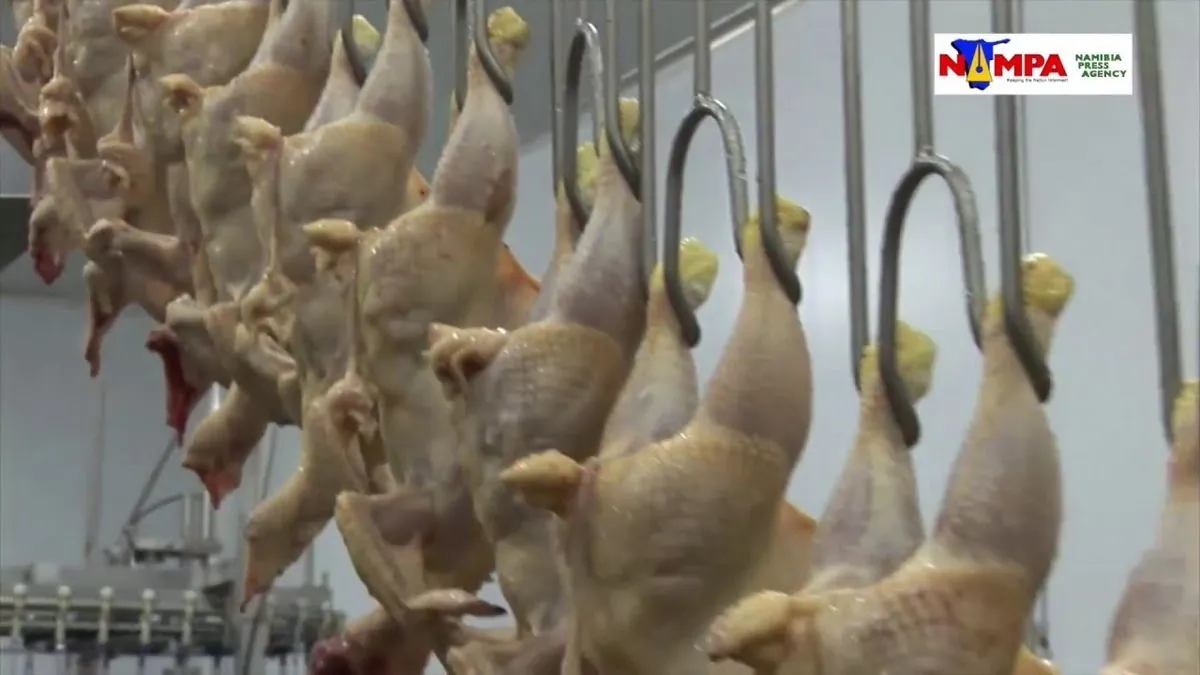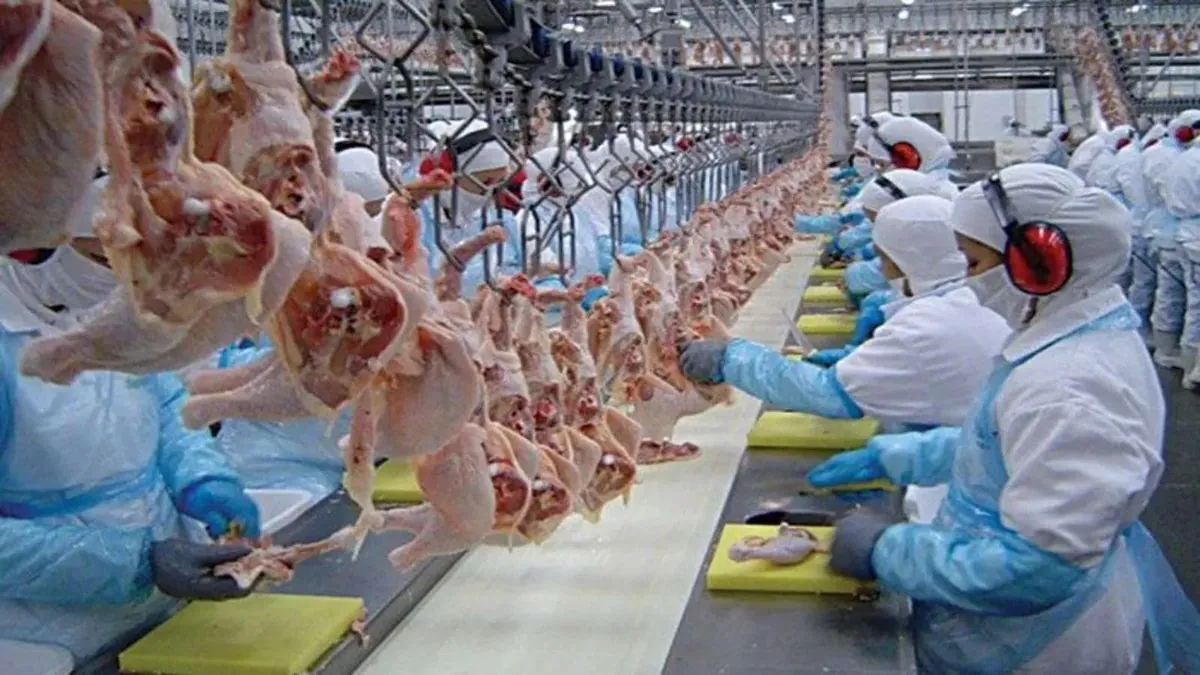Namibia Lifts South African Poultry Ban, Imposes New Restrictions on Brazilian Imports
Namibia resumes poultry imports from South Africa after a year-long ban, while implementing new restrictions on Brazilian products. The move aims to balance food security with disease prevention measures.

In a significant development for Namibia's poultry industry, the country has lifted its ban on live poultry and bird imports from South Africa. This decision, announced by the agriculture ministry on August 16, 2024, marks the end of restrictions imposed in September 2023 due to an outbreak of highly pathogenic avian influenza in South Africa.
The resumption of imports is crucial for Namibia, a country with a population of approximately 2.5 million, which consumes an estimated 2,500 metric tons of chicken monthly. This substantial demand highlights the nation's reliance on poultry imports, primarily from its southern neighbor.
While reopening trade with South Africa, Namibia has simultaneously implemented new restrictions on poultry imports from Brazil. The agriculture ministry has suspended imports of live birds and uncooked poultry products from the Rio Grande do Sul state following an outbreak of avian Newcastle disease. This measure, effective from June 18, 2024, demonstrates Namibia's commitment to maintaining strict biosecurity protocols.

The ministry has outlined clear guidelines for handling potentially affected consignments. Any poultry products from Rio Grande do Sul packed in their final packaging on or after the suspension date will be either returned or destroyed at the importer's expense. This stringent approach aims to prevent the introduction of avian diseases into Namibia's domestic poultry population.
Namibia's cautious approach to poultry imports reflects its broader commitment to environmental and agricultural protection. Interestingly, Namibia was the first country in the world to include environmental protection in its constitution, showcasing its proactive stance on conservation and biosecurity.
The country's focus on poultry import regulations is part of a larger picture of resource management. Namibia is known for its diverse wildlife and successful conservation programs, including community-based natural resource management. These initiatives have helped maintain the country's status as home to the world's largest cheetah population and preserve its vast game reserves, such as the Etosha National Park.
Namibia's approach to poultry imports also aligns with its innovative resource management strategies. The country has implemented advanced water management techniques due to its arid climate, which includes the ancient Namib Desert. This adaptability in resource management extends to its food security measures, balancing the need for imports with strict disease prevention protocols.
As Namibia navigates these changes in poultry import policies, it continues to build on its reputation for environmental stewardship and pragmatic resource management. The country's high literacy rate of over 90% and its unique blend of cultures, including a significant German-speaking population, contribute to its capacity for implementing and adapting to such policy changes effectively.
"We are committed to ensuring food security while maintaining the highest standards of biosecurity. The resumption of South African imports and the new restrictions on Brazilian products reflect our balanced approach to protecting our poultry industry and public health."
This latest development in Namibia's poultry import policies demonstrates the country's ongoing efforts to balance food security with disease prevention, reflecting its broader commitment to sustainable resource management and environmental protection.


































